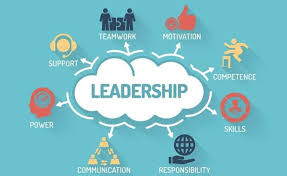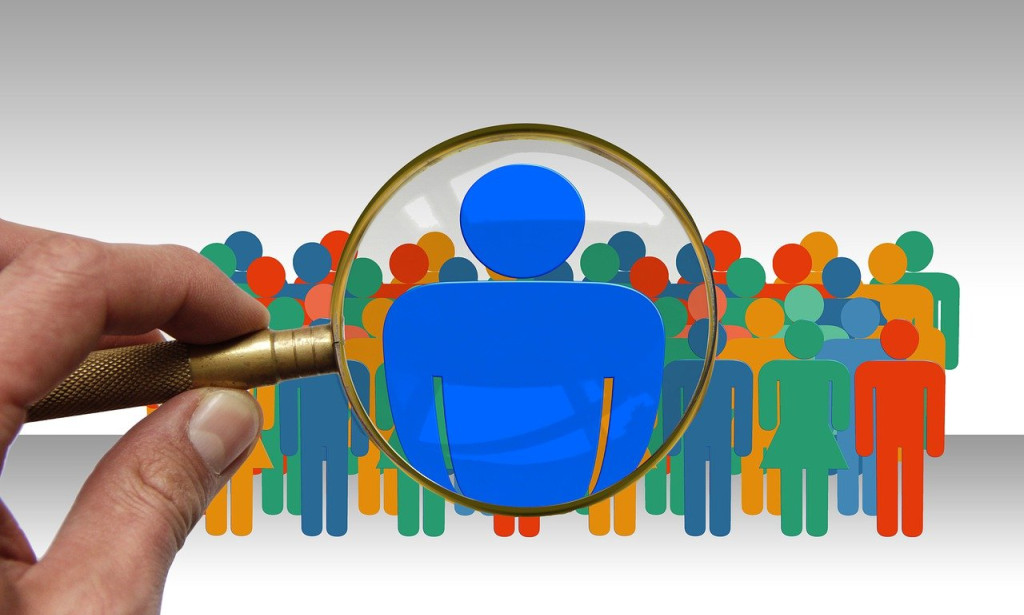Introduction:
Leadership is an indispensable element in the fabric of any successful organization. It goes beyond merely holding a position of authority. It involves guiding a team towards a shared vision, inspiring, commitment and fostering an environment that nurtures growth and achievement. The needs and importance of leadership are profoundly shaping the course of business, communities and societies.
1. Effective Leadership can be a source of motivation:
Motivation for subordinates comes from leadership. It does not mean simply the survival of leadership traits in a person. It is to utilize traits in motivating the people towards the achieved desired goals. Motivation is an element of dynamic leadership in whose absence the success is helpful.

2. An effective leader helps in promoting spirit coordination:
To achieve the desired goals it is necessary to coordinate the activities of members of a group and those of different groups. A leader promotes the spirit of coordination among workers.
3.A strong leadership leads to better utilization of resources:
The leader is important as he makes plans, policies and programs and carries them out. As plans, policies and programs cannot work themselves, he mobilizes the workforce to engage them to get higher performance. He coordinates their efforts to utilize the available manpower effectively to get higher production with minimum human cost. Achieving the best performance from workers is the key to the success of effective leadership.
4.The ideal leader is capable of successfully directing group activities:
In an organization, leadership is mainly concerned with the group. Its main responsibility is to get the work done effectively engaging the followers, workers and subordinates. For this purpose, the leader promotes the sincerity of purpose among the workers directs them rightly toward the accomplishments of confidence in his subordinates and induces them to work hard. To quote George R. Terry, "A leader shows the way by his example. He is not a pusher, rather than pushes". A group cannot work effectively without leadership, because a leader alone can consolidate the efforts of the group and direct those efforts towards the goals. He interprets the goals and plans of the group to the followers and takes the lead in all activities. So directing the group towards the common goal is the main function of leadership.
5.The development of good human relationships requires an efficient leader:
Human relations represents the relationship between the leader and the subordinates. Efficient leadership develops the talent of the individual, promotes self-confidence in them and provides them an opportunity to demonstrate their ability apart from the motivation towards the accomplishment of goals. Thus the leadership emphasizes the cooperative attitudes of workers. It creates an environment of good human relationships which increases the productivity of the organization.

6.Fulfilling social responsibilities is a hallmark of an ideal leader:
Only effective leadership may get the work done effectively. A well-satisfied worker will help serve the organization's interest under good leadership. Good leadership is always concerned with the needs and satisfaction of its workforce which provides higher standards of living to workers, higher productivity and production to the organization.
Conclusion:
Fruitful organization in any affiliation depends on the ability to awaken, guide, and affect others toward achieving shared goals. It requires a blend of clear, solid areas for vision capacities, and the capacity to develop a positive and helpful work environment. A productive trailblazer organizes as well as empowers their gathering, progresses improvement, and changes with developing circumstances. Finally, convincing drive drives progressive achievement by changing individual responsibilities to the greater objectives, supporting a culture of trust and respect, and ensuring that troubles are met with strength and imperative foresight.



You must be logged in to post a comment.